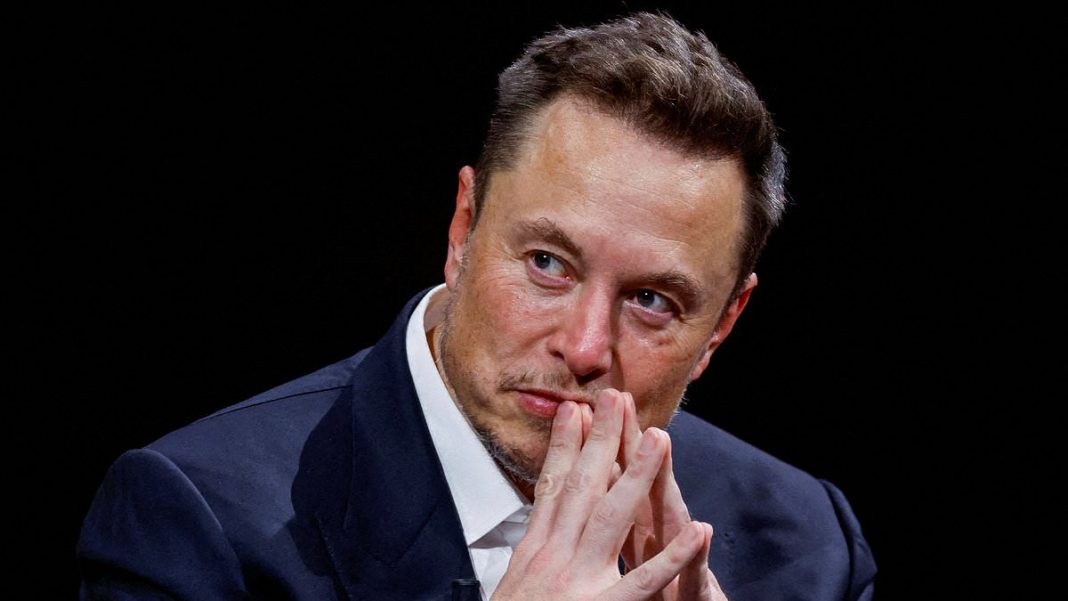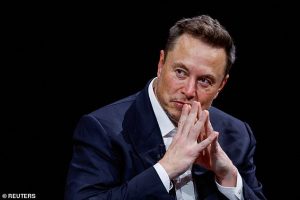Key Takeaways
- Norway’s $1.6 trillion sovereign wealth fund opposes Elon Musk’s record $1 trillion Tesla pay package
- The fund cites concerns over award size, dilution, and key person risk despite Musk’s “visionary role”
- Musk could become world’s first trillionaire if package approved and targets met
- Shareholder vote scheduled for tomorrow amid heated debate over corporate governance
Norway’s massive sovereign wealth fund, the world’s largest, will vote against Elon Musk’s proposed $1 trillion compensation package at Tesla. The decision comes just before tomorrow’s crucial shareholder vote and represents a significant challenge to the electric vehicle giant’s board.
Fund’s Stance on Record Pay Deal
Norges Bank Investment Management, which manages Norway’s £1.6 trillion oil fund and ranks among Tesla’s top-ten shareholders, expressed concern about “the total size of the award” while acknowledging “the significant value created under Mr Musk’s visionary role.” The fund’s position aligns with its consistent views on executive compensation.
The Norwegian fund’s opposition follows Musk’s recent characterization of other critics as “corporate terrorists.” Tesla’s board, however, continues pushing shareholders to approve what would be the biggest pay deal in corporate history.
What’s at Stake for Musk and Tesla
Under the proposed agreement, Musk would receive the massive payout if Tesla achieves ambitious targets over the next decade. The company must grow from its current £1.1 trillion valuation to £6 trillion while selling 12 million vehicles, 1 million AI robots, and 1 million self-driving robotaxis.
Success would increase Musk’s stake from 13% to nearly 29% and make him the world’s first trillionaire. Board chairman Robyn Denholm has warned that Musk might leave Tesla if shareholders reject the package.
Broader Investor Concerns
Critics argue the package is excessive and could give Musk, already the world’s richest person with a £365 billion fortune, too much control over Tesla due to the substantial share awards involved.
Dan Coatsworth, head of markets at AJ Bell, noted: “The vote will be a test of shareholders’ faith in Musk’s ability to deliver on his grand visions.”
When proxy advisory firms Glass Lewis and ISS recommended against the deal, Musk dismissed them as having “no freaking clue” about the business.
Voting Dynamics and Legal Context
Despite opposition from some institutional investors, supporters face an uphill battle given Musk’s broad investor backing. Texas laws, where Tesla relocated its headquarters last year, permit Musk to vote his substantial personal stake, giving him approximately 13% voting power in the decision.
The upcoming vote represents a critical moment for Tesla’s governance and Musk’s future leadership role at the electric vehicle pioneer.





